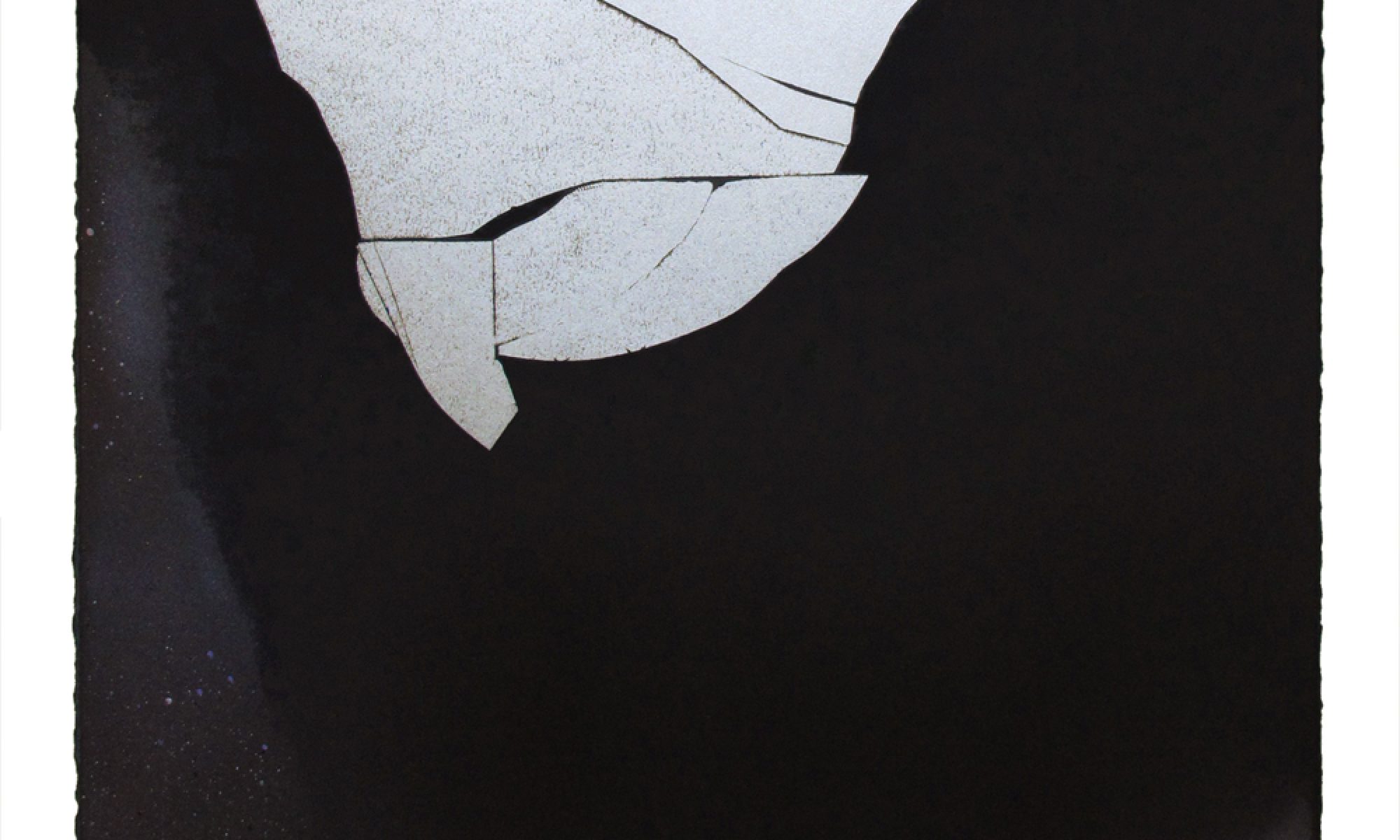“The decolonization of the imagination is the most dangerous and subversive form there is: for it is where all other forms of decolonization are born. Once the imagination is unshackled, liberation is limitless.” – Walida Imarisha, Octavia’s Brood.
The ability to be able to think critically and challenge what is believed to be concrete is a truly dangerous ability. It allows us to challenge authority, to spark change, and to break the ways of old. Maybe that’s why we were told to fall in line while growing up. Because change is often an unpredictable thing – but often times it’s also necessary.
Social progress has always been a byproduct of change. Without change, we wouldn’t be living in the world we’re in right now. Martin Luther King created social progress in the Civil Rights Movement when he challenged the systemic racism that persisted in America during the mid-20th century. Mohandas Gandhi created social progress in decolonizing British rule in India when he challenged the imperialistic grip placed on his nation. For social progress to occur, it takes a period of time before change takes place. With the development of science fiction and visionary fiction, as Walidah Imarisha and Adrienne Maree Brown call it, social change is able to take place even faster than before.
Science fiction and genres like it help to expedite social progress and change because they actively question current power structures and environments. As Brown puts it, “Science fiction is the perfect “exploring ground,” as it gives us the opportunity to play with different outcomes and strategies before we have to deal with the real-world costs.” Imagination flourishes in literature and thus we are exposed to these revolutionary ideas that question the very nature of human society as it stands. It also expedites social progress by broadening the scope of activism.
Science fiction allows for the dissemination of ideas to people that might not normally be able to access those thoughts, whether it’s because of educational barriers or some other obstacle. Streeby puts it best when she writes, “At a time when many despair that climate change science is too difficult for people without advanced science degrees to understand, Butler’s critical archiving activity as well as her imaginings of forms of symbiosis beyond possessive individualism are especially illuminating.” Streeby is commenting on the fact that Octavia Butler’s work allows people to process scientific ideas without getting lost in the technical jargon that a lot of scientific papers possess.

I agree! I think science fiction is an empowering way for decolonizing the mind. The more stories that we’ve read in this class, the more I’ve come to appreciate the messages that these science fiction stories present. It is a powerful way to present these issues through an alternate world that it is relatable and easy to understand.
I would agree with the sentiment that the ability to be able to think critically and challenge previous thoughts is a “dangerous ability” and a necessary one. I believe it is a skill everyone would stand to benefit from. The questions posed by the genre of science fiction are a reason why I believe schools should encourage speculative fiction reading and why I would counter any argument saying science fiction is “less useful” than other genres. I remember science fiction and fantasy novels being looked down upon in middle school for not being able to “teach” you new ideas, to which I would strongly disagree.